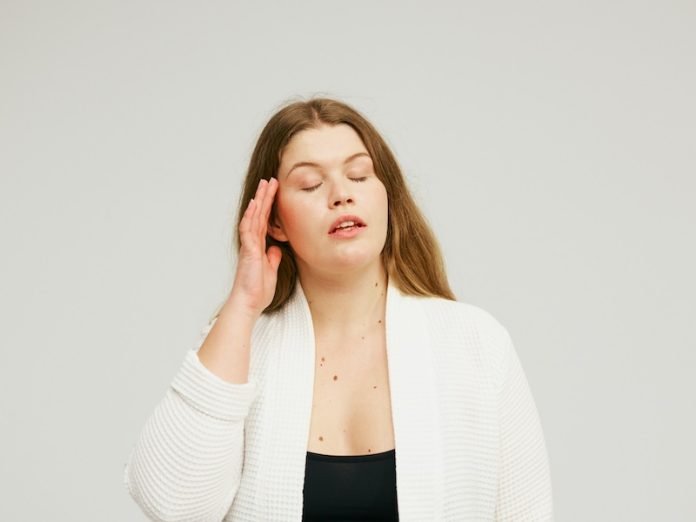
Researchers at the University of Arizona Health Sciences have discovered a fascinating link that might bring relief to millions of migraine sufferers: improving sleep quality could significantly reduce the frequency of migraine attacks.
This new insight opens the door to simpler, more accessible methods for managing migraines, a condition that affects over 39 million Americans, possibly even more when considering those undiagnosed.
Migraines and sleep problems often go hand in hand. Many people who experience migraines also struggle with sleeping issues such as insomnia, difficulty falling or staying asleep, poor sleep quality, excessive daytime sleepiness, and sleep disruptions caused by migraine pain.
Until now, it was a chicken-and-egg situation: does poor sleep trigger migraines, or do migraines cause poor sleep?
Frank Porreca, Ph.D., the study’s lead researcher and a professor of pharmacology at the UArizona College of Medicine—Tucson, explains that the relationship between sleep and migraines has been recognized for a long time.
However, previous studies relied on subjective, patient-reported data. Porreca’s team took a different approach by quantitatively measuring sleep in mouse models, which share similar sleep patterns with humans, including cycles of deep sleep, REM sleep, and light sleep.
Their findings were clear: while experiencing migraine-like pain did not affect the mice’s sleep patterns, sleep deprivation significantly increased their susceptibility to migraine-like pain.
This suggests that for people who suffer from migraines, focusing on improving sleep could be a key strategy in reducing the likelihood of attacks.
To ensure the study accurately isolated the effect of sleep deprivation from other factors like stress, researchers used an ingenious method: they introduced novel objects to keep the mice awake, capitalizing on their natural curiosity.
This method of sleep disruption, devoid of stress, mirrors how modern technology—such as smartphones—often keeps humans awake, underscoring the importance of good sleep hygiene, including limiting screen time before bed.
Porreca also pointed out the timing and demographic most affected by migraines, noting that early morning is a common time for attacks, which disproportionately impact women of childbearing age at a ratio of 3 to 1 compared to men.
The onset of a migraine in the early hours can significantly disrupt a person’s day, especially for those with family responsibilities.
The implications of this study are vast, suggesting that simple lifestyle adjustments, such as improving sleep habits, could dramatically lessen the burden of migraines for many.
With over 39 million people in the U.S. alone living with this condition, the potential for enhanced quality of life is significant. This research not only offers hope for those affected by migraines but also contributes to our understanding of the complex interplay between sleep and chronic pain conditions.
Published in Brain Communications, this study may very well be the first step towards more effective, non-pharmacological strategies for managing migraines.
If you care about sleep, please read studies about herb that could help you sleep well at night, and these drugs could lower severity of sleep apnea by one third.
For more information about sleep, please see recent studies that coffee boosts your physical activity, cuts sleep, affects heartbeat, and results showing how to deal with “COVID-somnia” and sleep well at night.
The research findings can be found in Brain Communications.
Copyright © 2024 Knowridge Science Report. All rights reserved.



